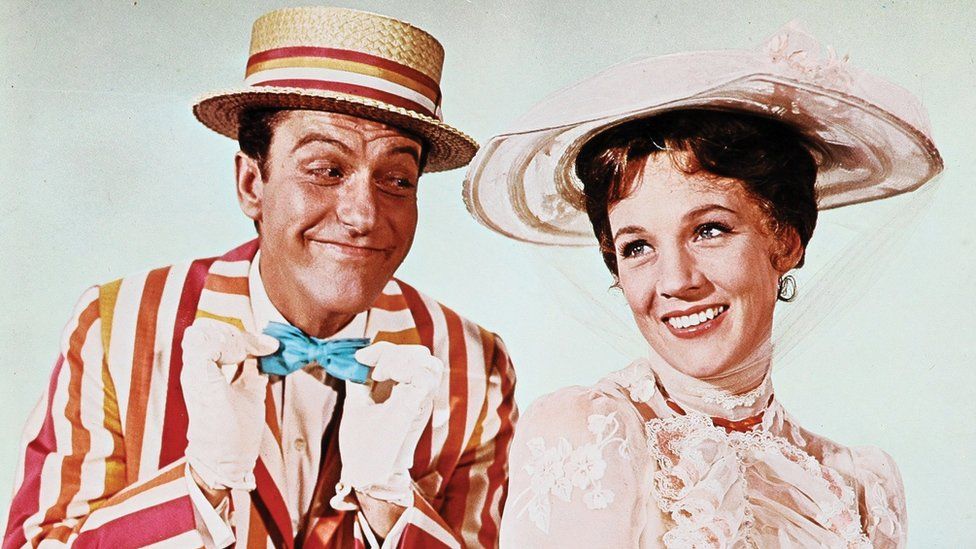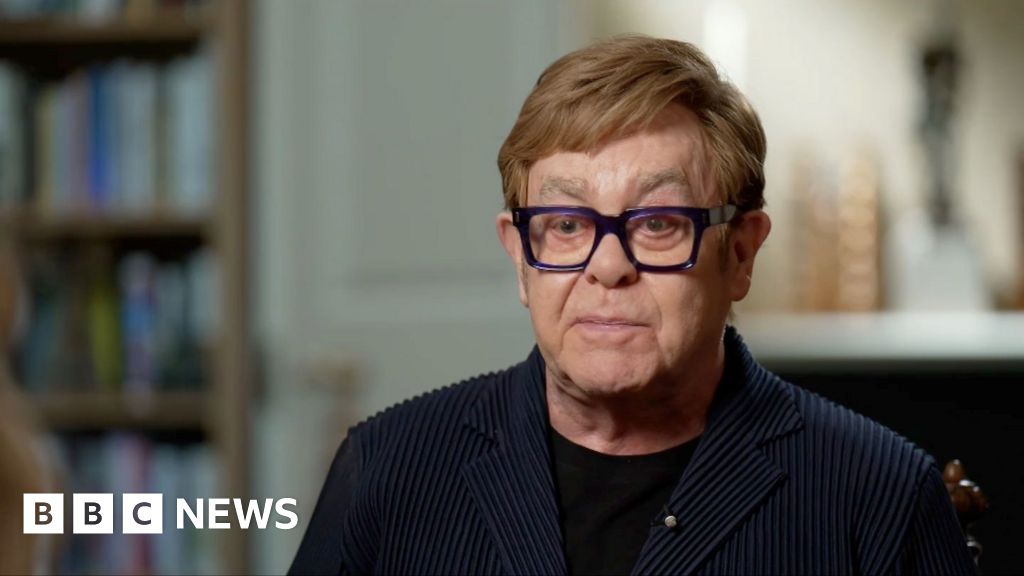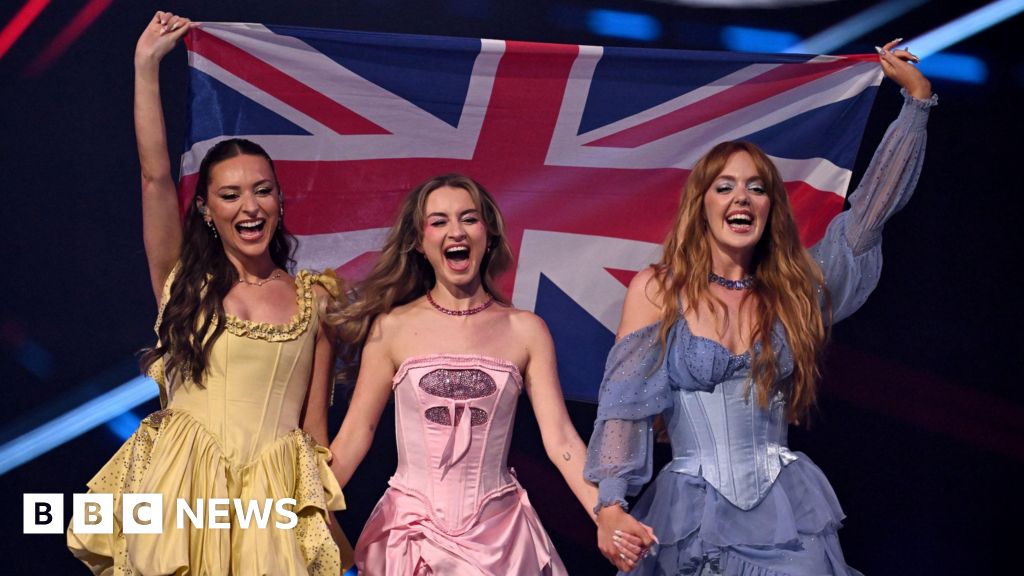ARTICLE AD BOX
 Image source, Getty Images
Image source, Getty Images
Dick Van Dyke and Julie Andrews starred in the film
By Helen Bushby
Culture reporter
Mary Poppins, the classic film starring Julie Andrews, has had its age rating raised by British film censors because it features "discriminatory language".
The 1964 film has been reclassified from a U, which stands for universal, to a PG, for parental guidance.
In it, a derogatory term originally used by white Europeans about nomadic peoples in southern Africa is used to refer to soot-faced chimney-sweeps.
That now "exceeds our guidelines" for U films, the BBFC said.
The film is set in London in 1910 and follows a magical nanny, played by Dame Julie, who looks after a family's children with the help of Bert, a busking chimney-sweep played by Dick Van Dyke.
It won five Oscars in 1965, including best actress and best song.
Image source, Getty Images
In the film, Admiral Boom, a neighbour and Naval veteran who thinks he is still in charge of a ship, uses the word twice.
The British Board of Film Classification said it classified the film in 1964 and then again for a re-release in 2013.
"Most recently, the film was resubmitted to us in February 2024 for another theatrical re-release, and we reclassified it PG for discriminatory language," a spokesperson said.
"Mary Poppins (1964) includes two uses of the discriminatory term 'hottentots'.
"While Mary Poppins has a historical context, the use of discriminatory language is not condemned, and ultimately exceeds our guidelines for acceptable language at U. We therefore classified the film PG for discriminatory language."
The Oxford English Dictionary says the term, which referred to the Khoikhoi and San people, is "generally considered both archaic and offensive".
The BBFC said its research about racism and discrimination showed that a key concern for people, particularly parents, was "the potential to expose children to discriminatory language or behaviour which they may find distressing or repeat without realising the potential offence".
The organisation says a PG rating "should not unsettle a child aged around eight or older" and that "unaccompanied children of any age may watch, but parents are advised to consider whether the content may upset younger, or more sensitive, children.
A U rating means a film should be "suitable for audiences aged four years and over" although the website adds "it is impossible to predict what might upset any particular child".

 1 year ago
57
1 year ago
57








 English (US) ·
English (US) ·